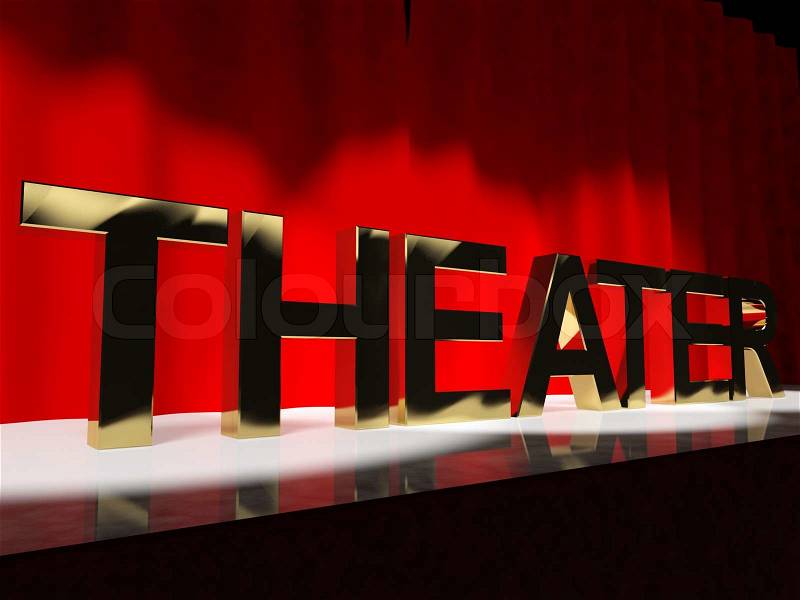Back in the old days, theatre was an integral part of religious ceremony. It served to celebrate and placate the gods on who all depended.
Eastern theatre owes much to India and its parent language Sanskrit whose great epic poems such as the Ramayana were enacted. The eighteenth and the nineteenth century were witness to cinema at its best. It flourished as the number one choice for entertainment sharing the limelight with opera. In the twentieth century with cinema and the Hollywood film industry gaining grounds.
ADVERTISEMENTS:
Theatre gradually started losing ground. Despite actors unequivocally admitting to theatre being their first love, theatre today appears grossly neglected and all the big names from cinema are absent from theatre.
Theatre, originally a means to express thoughts and ideas is now at crossroads. All around the world, east and west, it has suffered at the hands of cinema. A colossal number of theatres have had to be shut down and it is saddening to see that once where a 300-400 seat theatre stood, today there stands perhaps a beauty salon or a furniture mall.
The loss in terms of culture is irreversible. The truth is that talent goes where the money is, ultimately that’s what it all boils down to. The artists like everybody else have families to provide for, and with theatre in the situation it is now it is not surprising that all artists are running to either television or cinema. It is sad that in these times people would have seen movie remakes of great theatre plays but would have not ever seen the original play.
Theatre has directness; it is right in front of you. It makes you feel like you are a part of it. Many will argue that there is no comparison between a great play and a Hollywood movie but the truth is theatre is more spontaneous. What makes theatre special is that it does not depend on special effects to woo an audience. Theatre relies solely on excellent script and acting. Theatre has a live element, a sense of realism.
ADVERTISEMENTS:
Despite so many attributes theatre has had to bow down to cinema because of convenience. It is so much easier to pop a DVD into the player than visit a theatre.
Theatre will always be there as long as there are enough people with a passion for it. Singular vision and an instinct to perform in public are basic human attributes that are as alive today as they were centuries ago. So it would be right to deduce that it is not the art that is dying, but it is the public organization which brings together these two elements of human nature to the service of the common man that is lacking in initiative.
The need of the hour is to inculcate knowledge of theatre from a very young age. Children should be encouraged to see plays. Schools should keep the interest in this art form alive by organizing holiday play contests. Talent is there if only you are willing to look for it, nurture it and encourage it. This century has been witness to the revival to some extent of some theatre groups.
Also theatre tickets need to be made affordable so that this art form receives more attention and support from the masses. For any art form to be a success the masses must be a part of it. It would not be incorrect to state that Theatre is not a dying form but a form that is struggling to stay alive.

